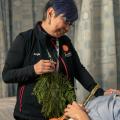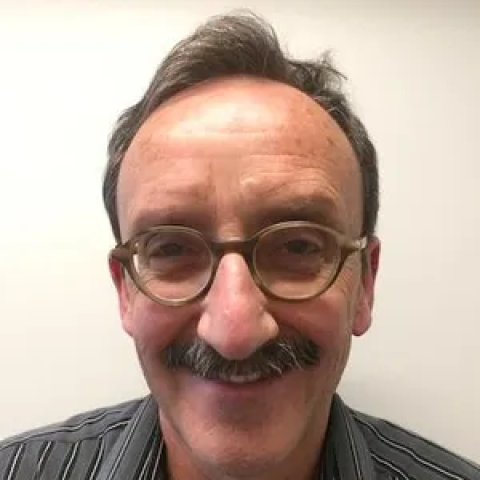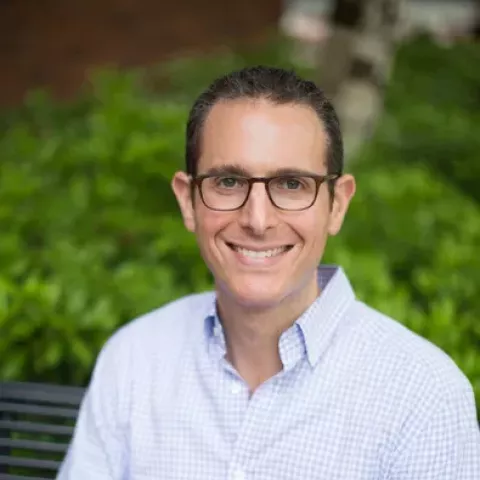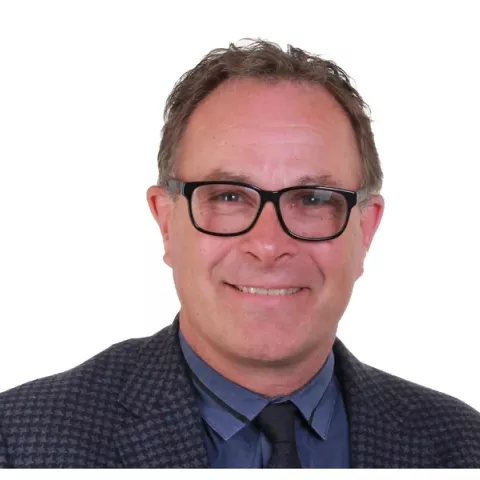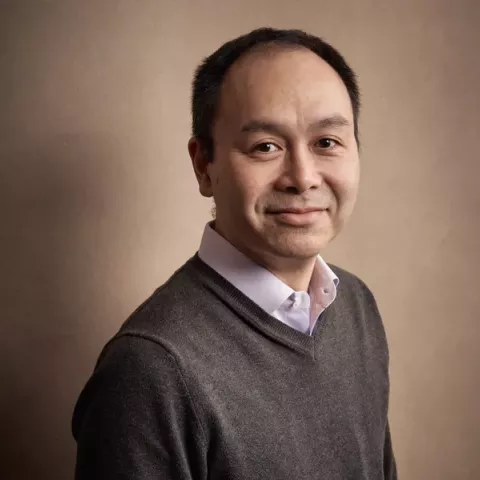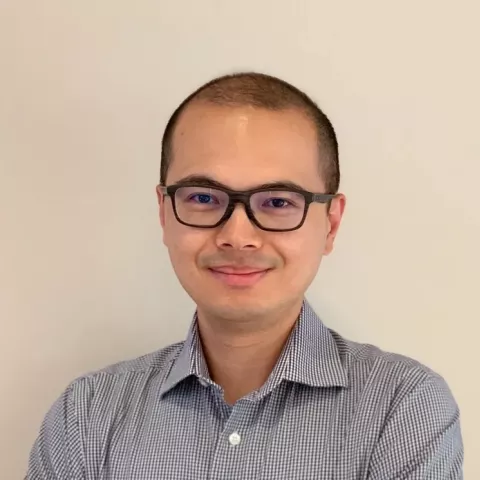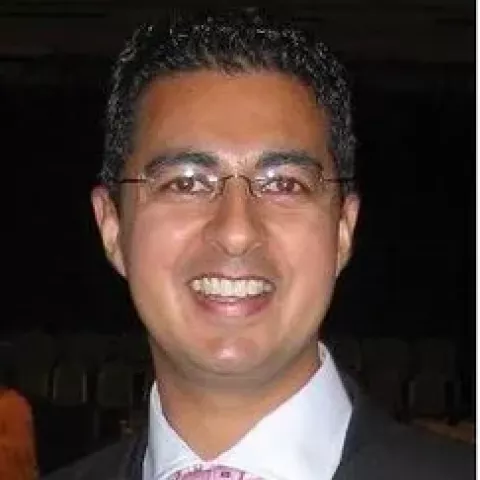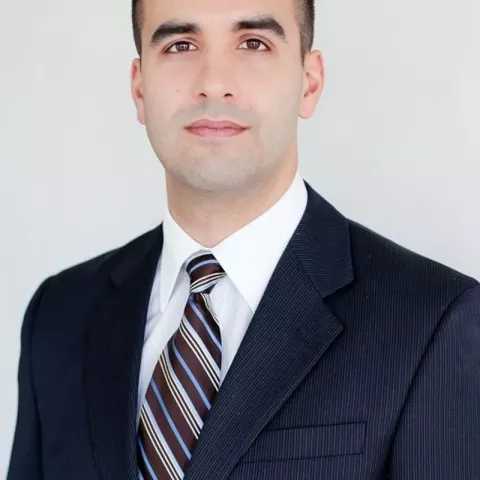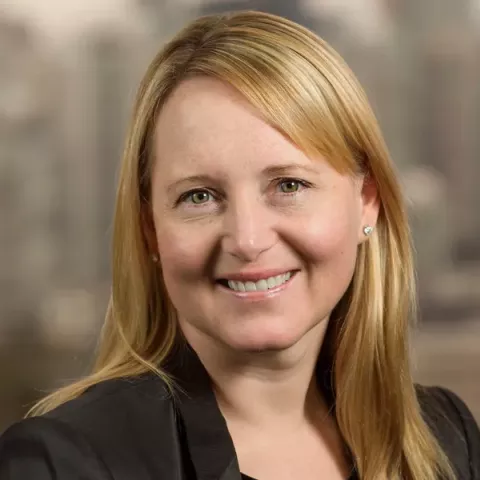Colonoscopy
An overview of a colonoscopy, why you would get one and what to expect during the procedure.
Overview
A colonoscopy is a test to look for abnormal growths in the colon and rectum.
Your doctor may refer you for a colonoscopy if you have:
- An abnormal fecal immunochemical test (FIT).
- A personal history of adenomas – a type of non-cancerous tumour.
- One first-degree relative (mother, father, sister, brother, daughter or son) with colon cancer diagnosed under the age of 60, or two or more first-degree relatives with colon cancer diagnosed at any age.
- Symptoms related to the bowel.
- Another need for a screening colonoscopy that your doctor identifies.
A colonoscopy is a safe and accurate way to examine the lining of your colon and rectum. It can help diagnose colorectal issues. It is also used to monitor patients who are at higher risk of developing colorectal cancers.
Preparing for the test
Before coming in, you will be given detailed instructions on how to prepare for the colonoscopy. For most people, that will involve modifying your diet for a few days before the procedure. The day before your procedure, you should only drink clear liquids. You will also need to take the recommended colon-cleansing solution the day before your procedure.
To get the most out of your appointment and to have a smooth experience, here are some tips for planning your visit.
- If you do not speak English and need an interpreter (at no cost to you), please let us know in advance.
- If you need a sign language interpreter (at no cost to you), please let us know in advance.
- Please do not wear scented products. All Providence Health Care hospitals and residences are scent-free environments.
On the day of the test
You should expect to be at the hospital for one to two hours. Please bring your BC Services Card with you.
When you arrive at the clinic:
- You will be asked to change into a gown.
- A nurse will complete your admission history and measure your vital signs.
- You will be asked to provide a list of your medications.
- A nurse will start an intravenous (IV) to administer sedation and pain medication.
During the test
- The doctor will insert the colonoscope into the rectum and advance it along the length of the colon.
- They will send carbon dioxide (CO2) gas through the colonoscope to expand the colon for better viewing. You might feel slight pressure or experience cramps.
- Images of the lining of the rectum and colon are sent to a video monitor. The doctor will look for anything unusual, like a polyp. A polyp is a small growth of tissue on the wall of the intestine.
- Polyps can grow very slowly, and some can become cancerous. It may be necessary to take a sample (biopsy) or remove the polyp. This is painless.
- The biopsy or polyp is then sent to a lab for analysis.
- The test itself will take 20-45 minutes.
After the test
- Once the procedure is complete, you will recover in the clinic for 20-40 minutes.
- You will be given preliminary results before you leave the hospital.
- You will be able to leave the hospital on the same day. You will not be able to drive due to the sedatives you will have taken. Please arrange for a friend or family member to pick you up.
- You may be sleepy after you arrive home from the procedure. We recommend you do not operate equipment, sign legal papers or drink alcohol until the following day.
- You can resume your regular diet and medications after your colonoscopy. Your doctor will be in touch with special instructions if needed.
- The gas inside your colon may cause you to feel bloated and/or have cramping for a few minutes after the procedure. Usually this goes away quickly. If this discomfort is severe and doesn’t go away after discharge, go to the emergency department. When you arrive, let them know that you had a colonoscopy.
In many cases, you will be informed of your initial colonoscopy results before you leave the clinic. Depending on the results, the doctor may recommend long-term follow up.
Approximately two weeks after your procedure, one of the clinic staff will give you the results. They will also answer your questions during this follow-up call. Your referring practitioner will also receive your results.
Support for Indigenous Peoples
The Indigenous Wellness Liaison Team is here to support your health journey. Team members offer cultural support and healthcare advocacy. Learn more below or call them at 604-682-2344,62937 or email IWL@providencehealth.bc.ca.
Education & resources
Location
Gastrointestinal Clinic
2nd Floor, Providence Building, St. Paul's Hospital
The clinic is located on the 2nd floor of the Providence Building, across from ultrasound.
Hours
Monday to Friday
7:00 a.m. — 5:00 p.m.
Closed on all statutory holidays.
Contact
Medical & professional referrals
Referrals are coordinated through BC Cancer Screening Programs if there is a family history of colon cancer or a positive FIT test.
For other referrals, please send your referral to Pacific Gastroenterology Association.
